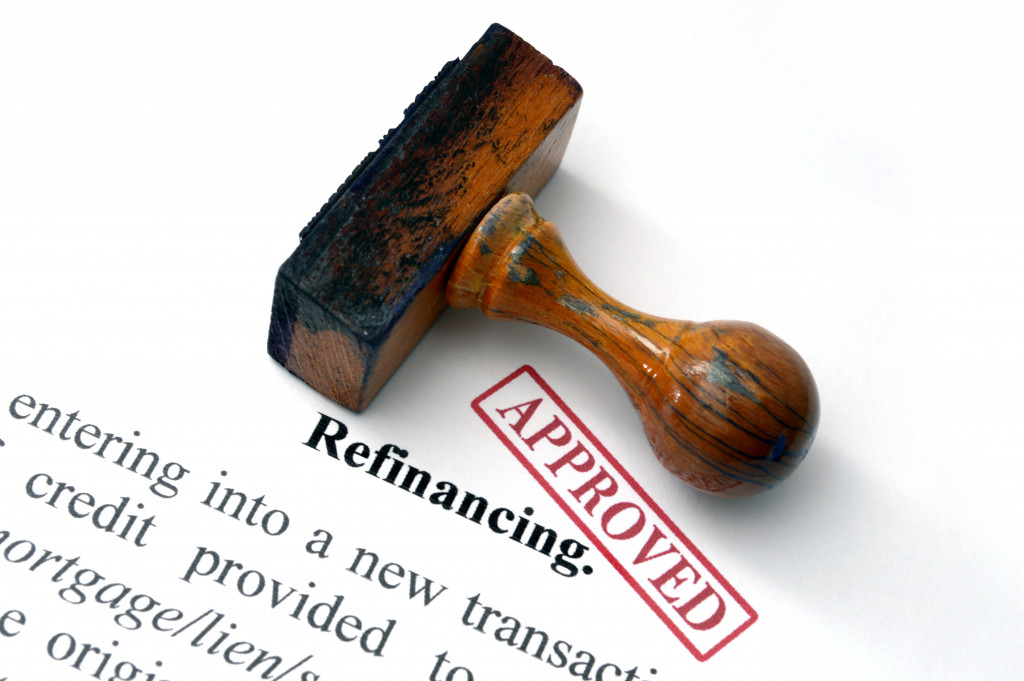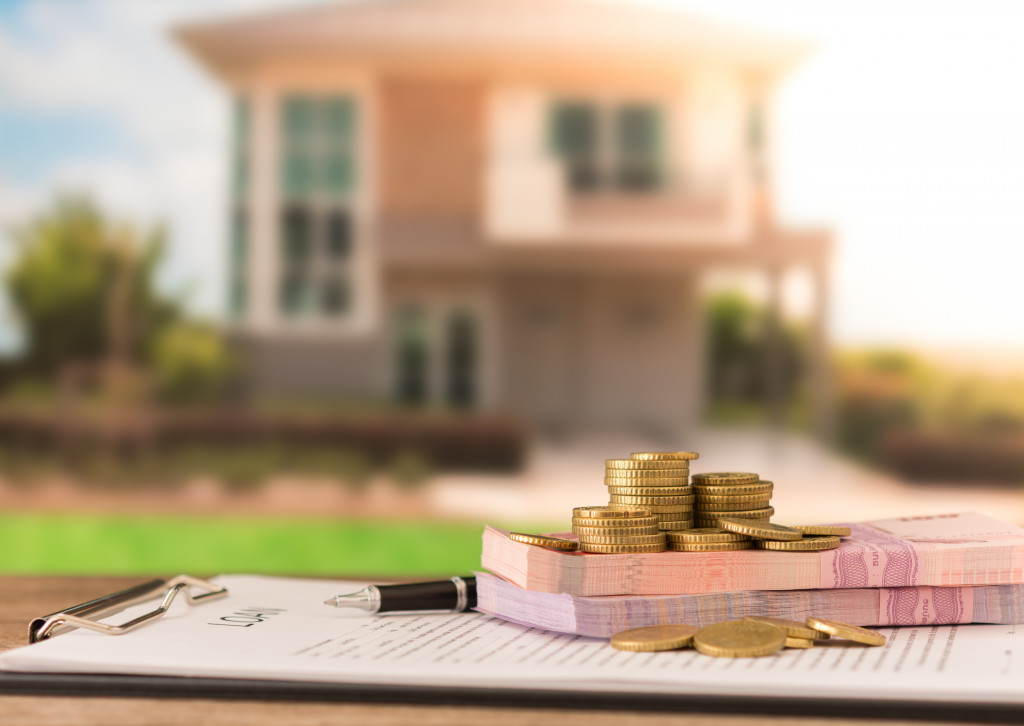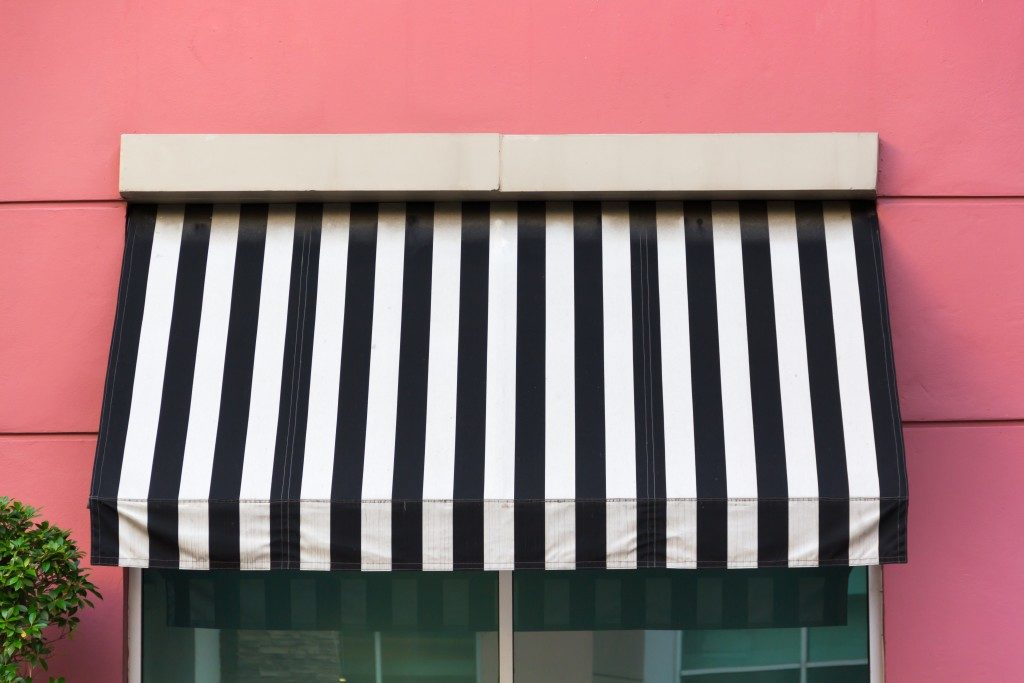Everyone wants a home to call their own, but if you’re still paying a mortgage, the house you’re living in isn’t truly yours yet. Fortunately, owning a home mortgage-free isn’t impossible. According to a Zillow study, 37 % of homes in the country are owned outright, meaning the owners either paid in cash or were able to finish paying their mortgage.
The latter might seem like a daunting undertaking. After all, it means hundreds of thousands of dollars in debt that you have to pay off. But if you want to join the ranks of mortgage-free homeowners or you simply want to free up cash flow, paying off your mortgage loan as soon as possible is the key.
Here are four ways to knock of years from your mortgage:
Switch to a bi-weekly payment schedule
The standard payment schedule of mortgages is monthly, which means you pay 12 times a year. But, if you want to pay off your debt years earlier, you can ask your lender to switch you to a bi-weekly payment schedule. Since there are 52 weeks in a year, paying every two weeks will equal to 13 months of payment instead of just 12. Not only will this result in paying off your mortgage earlier, but it also means you save thousands on interest.
Make extra payment toward your principal
Another way to pay off your mortgage earlier and save on interests is by making extra payments that go toward your mortgage principal. For example, if your monthly payment costs $1012 every month, you can round it up to $1100 and specify to your lender that the extra $88 is dedicated to the principal. The faster you whittle away your mortgage principal, the faster you can pay off your debt and save on interest charges.
Put your bonuses and other windfalls into your mortgage
As mentioned above, one way to shave years off of your mortgage payment schedule is to pay more than what you owe monthly. Most lenders allow overpaying your monthly dues but check anyway to be sure. And where can you best get these extra payments? Windfalls. Your 13th-month pay, your salary increase, your share on an inheritance—all of these are money that aren’t a part of your budget. So, if you dedicate them to your mortgage payments, it’s not like you’re missing the money or compromising other bills.
Refinance your mortgage

Mortgages usually last for 30 years. Plenty of people prefer this term because 30 years mean lower monthly payments. But, if you’re able to put more toward your mortgage every month, you might want to consider refinancing your mortgage into a 15-year term. A shorter mortgage term not only allows you to pay your original mortgage in half the time, but it also usually comes with a lower interest rate. So you can get out of debt early and save thousands on interest. The only thing you really have to prepare for is the monthly payments, which can be up to 50% higher than that in your 30-year mortgage.
There’s no right or wrong way to pay your mortgage early, but understanding your options can help you choose the strategy that best fits with your financial capacity. But whichever one you choose, any extra payment you make toward your mortgage is a step towards financial independence.




